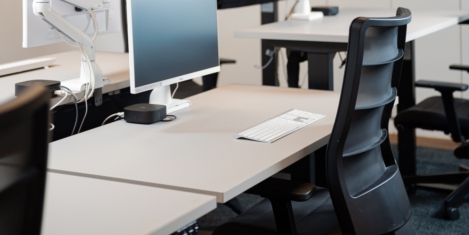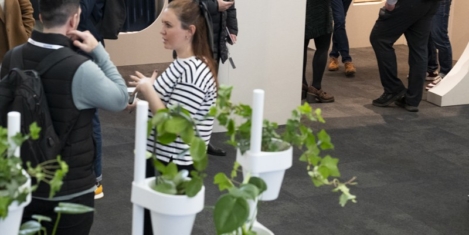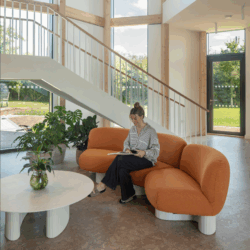November 12, 2025
Younger workers are upbeat about career prospects but expect more from employers
 Younger workers are the most optimistic about their career prospects but also the most likely to look for new opportunities if their ambitions are not met, according to PwC’s 2025 Global Workforce Hopes & Fears Survey. The study, which gathered responses from 2,023 UK employees across 28 sectors, found that 62 percent of Generation Z professionals (aged 18 to 28) feel optimistic about the future of their roles, almost double the proportion of Generation X workers at 35 percent. Despite economic uncertainty and technological disruption, Gen Z also show the highest levels of motivation, with 71 percent saying they look forward to going to work compared to 55 percent of Gen X respondents. (more…)
Younger workers are the most optimistic about their career prospects but also the most likely to look for new opportunities if their ambitions are not met, according to PwC’s 2025 Global Workforce Hopes & Fears Survey. The study, which gathered responses from 2,023 UK employees across 28 sectors, found that 62 percent of Generation Z professionals (aged 18 to 28) feel optimistic about the future of their roles, almost double the proportion of Generation X workers at 35 percent. Despite economic uncertainty and technological disruption, Gen Z also show the highest levels of motivation, with 71 percent saying they look forward to going to work compared to 55 percent of Gen X respondents. (more…)



































October 10, 2025
A break in the workspace-time continuum
by Mark Eltringham • Comment, Wellbeing